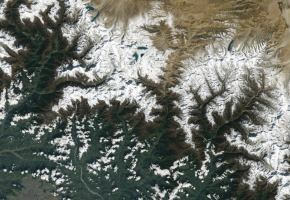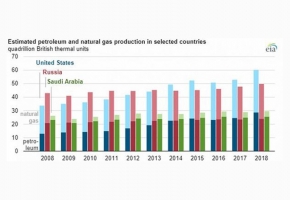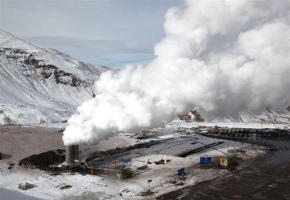Humans guilty of breaking an oceanic law of nature

An international study carried out by the Institute of Environmental Science and Technology of the Universitat Autònoma de Barcelona (ICTA-UAB) has examined the distribution of biomass across all life in the oceans, from bacteria to whales. Their quantification of human impact reveals a fundamental alteration to one of life’s largest scale patterns.
As policymakers assemble in Glasgow for the UN Climate Change Conference, there is growing recognition that human impacts on the environment are going global and growing urgent. However, gaining a quantitative perspective on these impacts has remained elusive.
Scientists have used advances in ocean observation and large meta-analyses to show that human impacts have already had major consequences for the larger oceanic species, and have dramatically changed one of life’s largest scale patterns – a pattern encompassing the entire ocean’s biodiversity, from bacteria to whales.
Early samples of marine plankton biomass from 50 years ago led researchers to hypothesize that roughly equal amounts of biomass occur at all sizes. The authors of the study used historical reconstructions and marine ecosystem models to estimate biomass before industrial scale fishing got underway (pre-1850) and compared this data to the present-day.
Their approach focused on 12 major groups of aquatic life over roughly 33,000 grid points of the ocean. Evaluating the pre-industrial ocean conditions largely confirmed the original hypothesis: there is a remarkably constant biomass across size classes.
In contrast with an even biomass spectrum in the pre-1850 ocean, an investigation of the spectrum at present revealed human impacts on ocean biomass through a new lens. While fishing and whaling only account for less than 3 percent of human food consumption, their effect on the biomass spectrum is devastating: large fish and marine mammals such as dolphins have experienced a biomass loss of 60%, with the largest whales suffering an unsettling almost 90% decimation. The authors estimate that these losses already outpace potential biomass losses even under extreme climate change scenarios.
Source: UAB Press
Image: istock/DLertchairit







